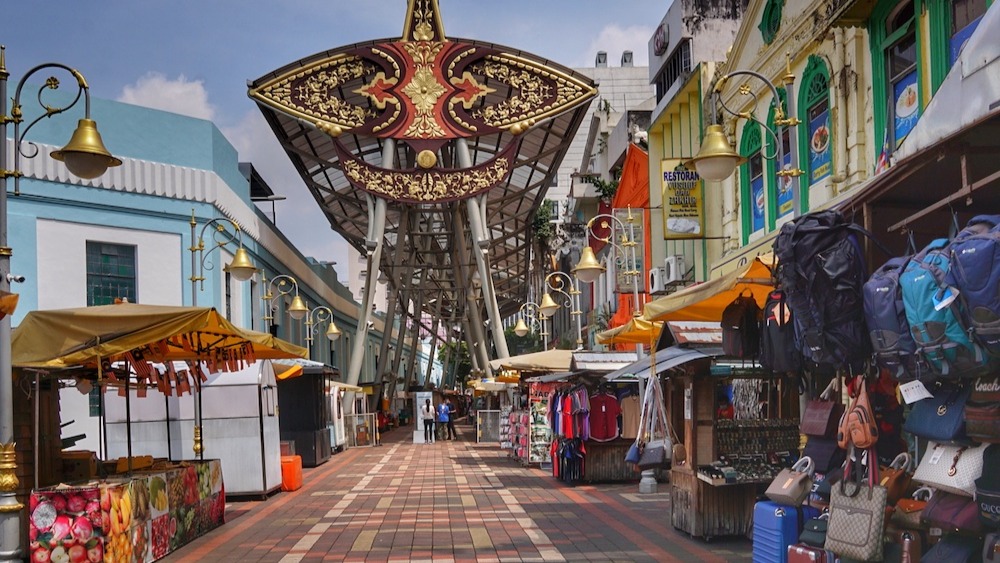

The history of Central Market in Kuala Lumpur, Malaysia, begins in 1888. It was established as a simple wet market by the British colonial administration, serving the basic needs of the local community for fresh produce and groceries. Initially, it was a wet market with the primary purpose of serving the tin miners of the area. The market was a hub for the local community and rapidly grew in popularity.
In the 1930s, the market was facing an imminent shutdown due to the chaos of congestion and the complexity of the traffic in the area. However, in 1933, the market underwent a significant renovation designed by the architect T.Y. Lee. The building that we now recognize as the distinctive Central Market was born with its Art Deco style, highlighting the cultural blend that defines Malaysia.
By the late 1970s and early 1980s, the fruits and vegetables had moved out, and the site was marked for demolition. This prompted a public outcry as the market had already become a beloved landmark. As a result, in 1986, the Malaysian Heritage Society managed to petition for its preservation. The market was then renovated and relaunched as a centre for Malaysian culture, arts, and crafts, known as Pasar Seni, which means 'Art Market' in Malay. This marked the market's transition from a traditional marketplace to a tourist destination.
Over the years, Central Market has become an integral part of Kuala Lumpur’s tourism sector. Its strategic location near other tourist hotspots like Chinatown and the colonial core of Kuala Lumpur makes it a convenient place to visit for travelers. Present-day Central Market is a treasure trove for those looking to immerse themselves in Malaysian culture and pick up traditional handicrafts, artworks, and souvenirs.
In recent years, experiential tourism has seen a rise, with travelers seeking to engage in activities that offer insights into the local culture and traditions. Central Market caters to this trend by hosting cultural performances, workshops, and festive celebrations. By offering these experiences, Central Market not only serves as a shopping destination but also acts as an interactive cultural center.
Another trend enhancing the appeal of Central Market is the increased interest in sustainable and ethical tourism. Artisans and traders at the market often emphasize locally made and sustainably sourced products, aligning with the values of environmentally conscious travelers.
As tourism evolves, the Central Market continues to adapt, ensuring that it remains a relevant and enticing concern for both international visitors and the local community. Preservation of cultural heritage and the integration of modern tourism trends help Central Market maintain its status as a must-visit destination in Kuala Lumpur’s tourism landscape.
Central Market is open daily, usually from 10 am to 9:30 pm, although hours may vary during public holidays or special events. It is accessible by public transport and offers a multitude of retail and food and beverage options.